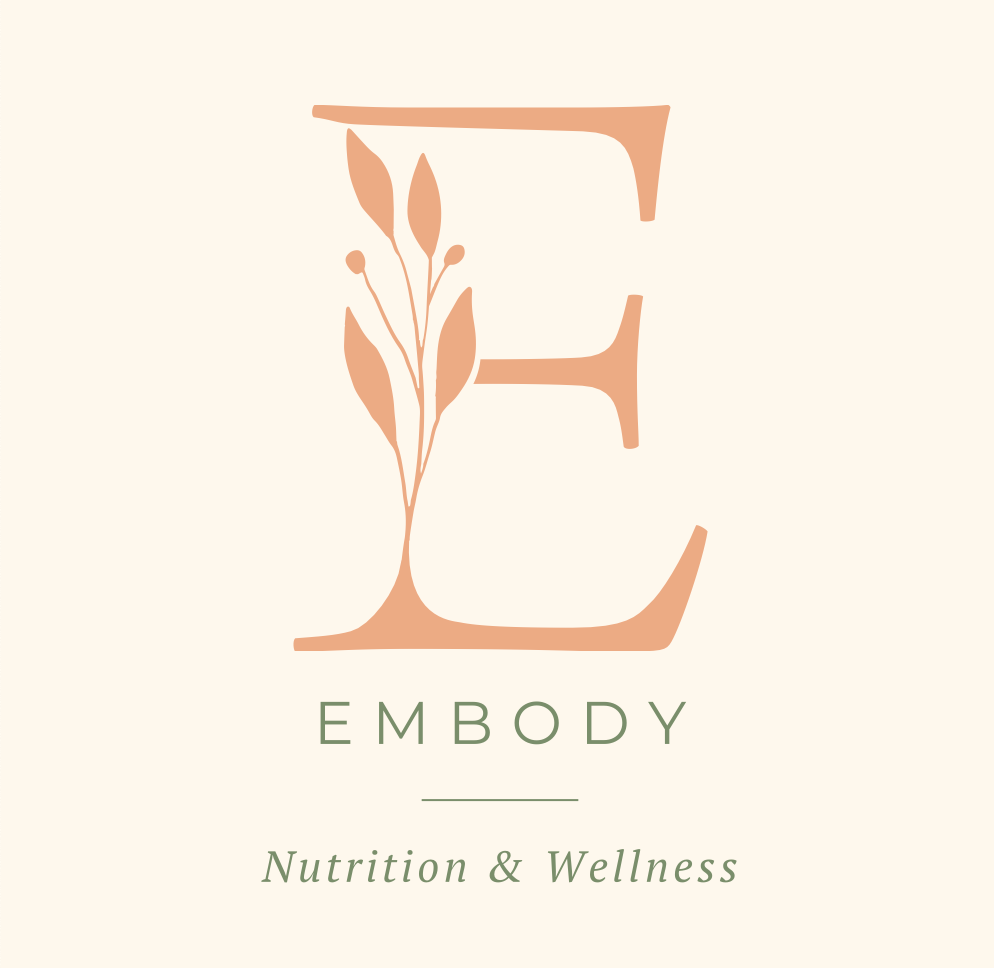Antioxidants and Placental Health: Why Food Sources Matter in Pregnancy
During pregnancy, your placenta is the lifeline that supports your growing baby. It delivers oxygen and nutrients, removes waste, and produces hormones that maintain a healthy pregnancy. To function properly, the placenta needs to maintain a delicate balance between reactive oxygen species (ROS)—molecules produced naturally during metabolism—and the body’s antioxidant defenses.
A certain level of oxidative stress is actually normal and even necessary for early pregnancy. It helps with critical processes like trophoblast invasion (the embedding of the placenta into the uterine lining) and vascular remodeling (the development of blood vessels to support blood flow to the baby). But when oxidative stress overwhelms the body’s antioxidant defenses, it can contribute to complications such as:
Preeclampsia
Intrauterine growth restriction (IUGR)
Miscarriage
How Antioxidants Protect the Placenta
Antioxidants act as the body’s built-in defense system against oxidative stress. Many of these are micronutrients that serve as cofactors for key enzymes:
Selenium, zinc, copper, and manganese → support enzymes like glutathione peroxidase and superoxide dismutase, which neutralize ROS.
Vitamins C and E → protect placental cells from lipid peroxidation, DNA damage, and programmed cell death.
In addition to these micronutrients, dietary antioxidants like flavonoids and polyphenols (found in fruits, vegetables, tea, and cacao) may further enhance the placenta’s resilience.
When antioxidant intake is sufficient, it helps:
Keep placental cells healthy and viable
Reduce inflammation and oxidative damage
Support healthy fetal development
Food First: The Best Sources of Antioxidants
It’s important to emphasize that antioxidant benefits are best achieved through a nutrient-rich diet, not high-dose supplementation. Research on antioxidant supplements in pregnancy has shown mixed results, and in some cases, high doses can even be harmful.
Instead, focus on a variety of whole food sources:
Vitamin C: citrus fruits, bell peppers, strawberries, broccoli
Vitamin E: sunflower seeds, almonds, spinach, avocado
Selenium: Brazil nuts (just 1–2 per day), eggs, fish
Zinc & Copper: beef, poultry, lentils, chickpeas, pumpkin seeds
Manganese: oats, brown rice, pineapple, leafy greens
Polyphenols & Flavonoids: berries, apples, onions, green tea, dark chocolate
The Takeaway
Your placenta thrives when oxidative stress and antioxidant defenses are in balance. While some oxidative stress is necessary for pregnancy, too much can interfere with placental function and increase risks for you and your baby. Supporting your antioxidant defenses through a nutrient-rich diet—rather than high-dose supplements—helps protect the placenta and promote healthy pregnancy outcomes.
Filling your plate with colorful fruits, vegetables, whole grains, nuts, seeds, and quality proteins is the most effective (and safest) way to build antioxidant resilience during pregnancy.
